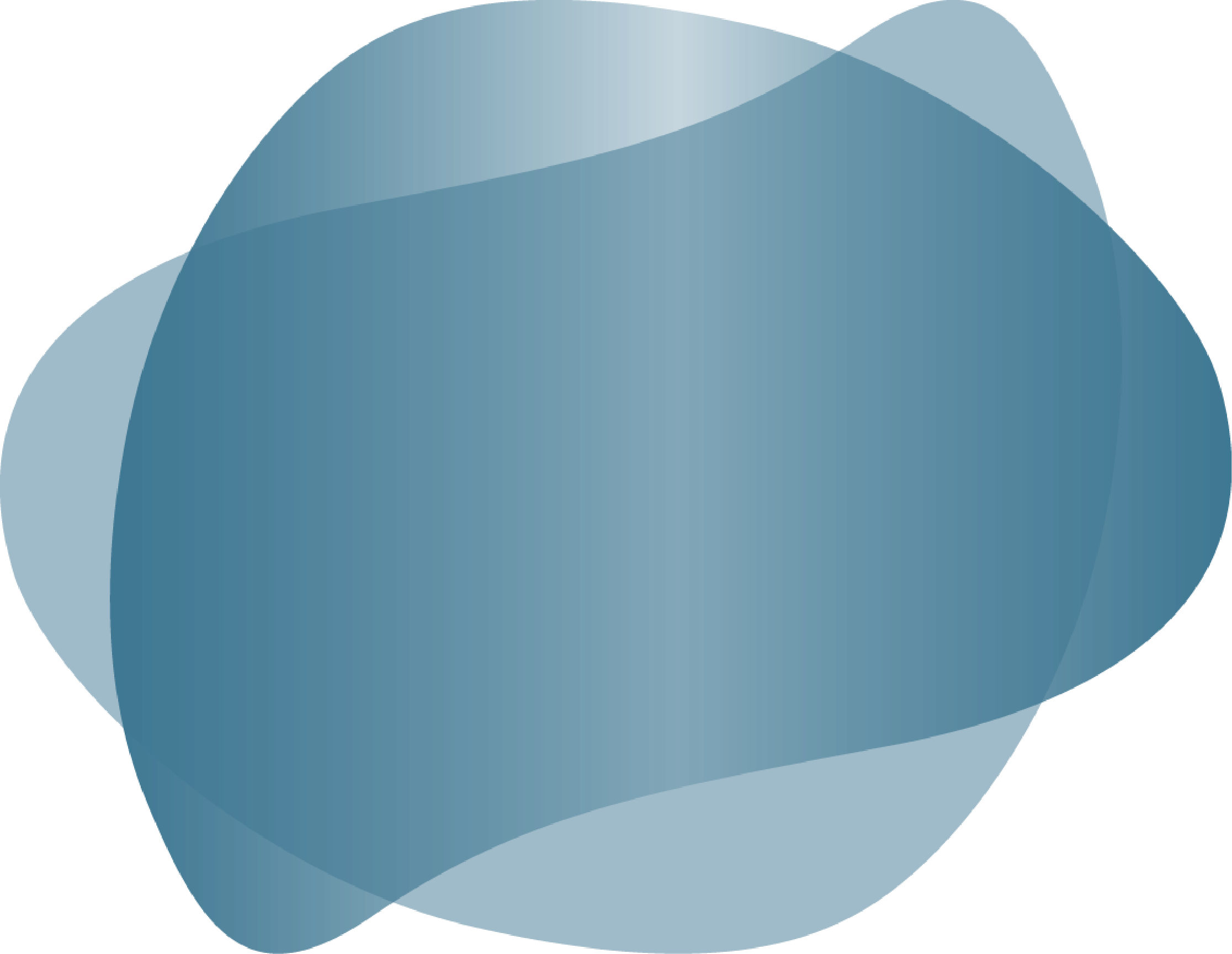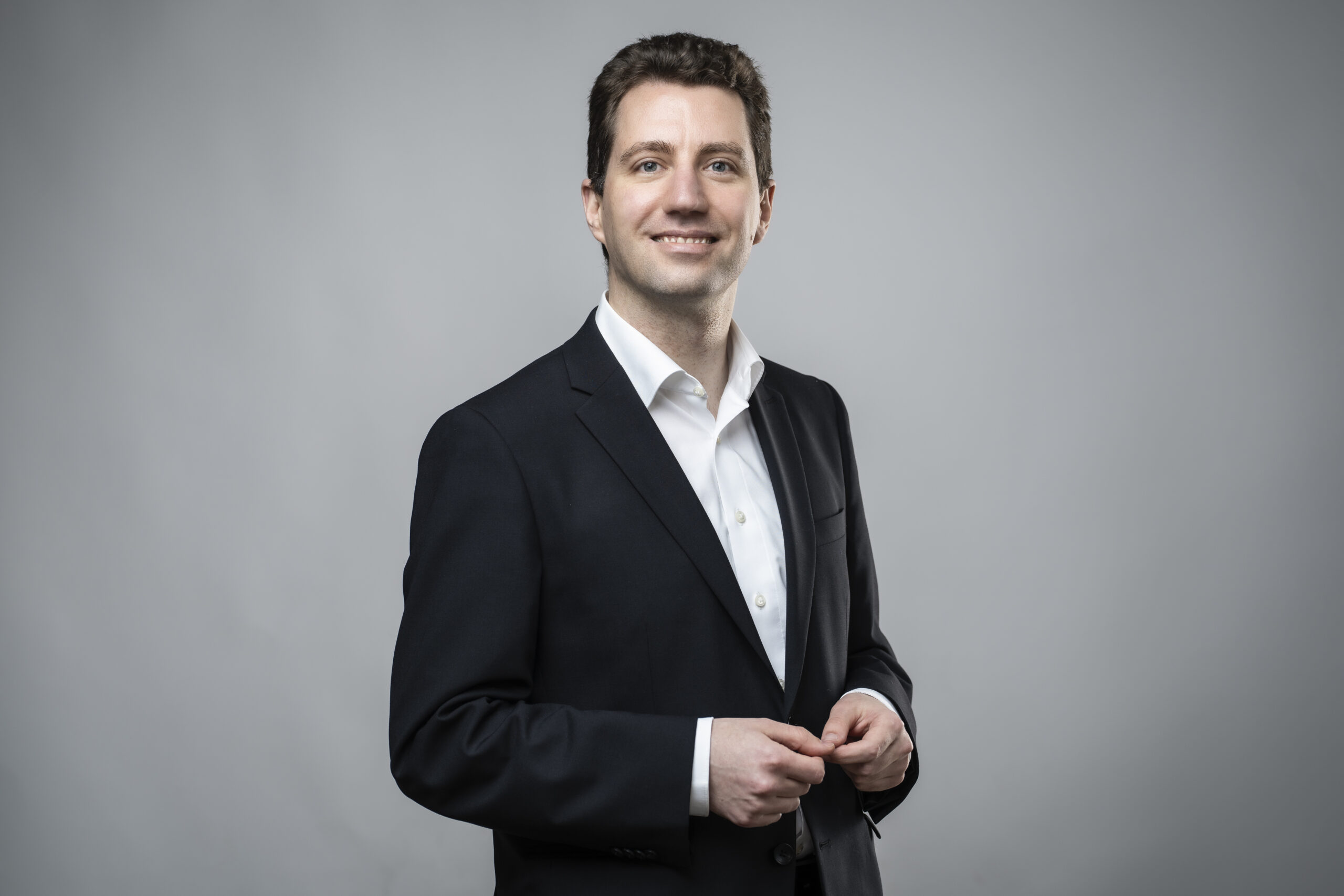Interested in my current courses?
Have a look at the Summer 2026 AI Courses!


Chair: Prof. Dr.-Ing. Michael Färber
E-Mail: michael.faerber@tu-dresden.de
Visitor’s Address: Strehlener Str. 12-14, Room 733, 01069 Dresden (Google Maps)
Secretary’s Office: +49 (0)351 463 40900 (Secretary), scads.ai@tu-dresden.de
Have a look at the Summer 2026 AI Courses!

Join Our Group!

We conduct research in artificial intelligence (AI) that prioritizes trust and alignment with human values. Our work is positioned at the intersection of natural language processing, notably large language models (LLMs), graph-structured machine learning techniques, and formal knowledge representation frameworks such as knowledge graphs. Combining symbolic reasoning with neural models, we aim to improve nuanced language understanding and enable scalable analysis of structured data from real-world sources.
In addition to core AI research, we actively explore applications in scientific domains, such as large-scale information extraction, knowledge curation, and AI-assisted scientific discovery.
… please ask. See complete list here
and here.
Prof. Dr.-Ing. Michael Färber has supervised over 50 Bachelor and Master theses and encourages both English and German-speaking students to apply. Many thesis topics are available for study abroad through partner institutions and DAAD funding, all with the goal of co-authoring a scientific paper based on the thesis.
